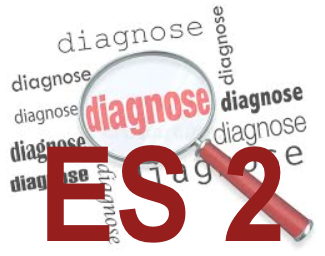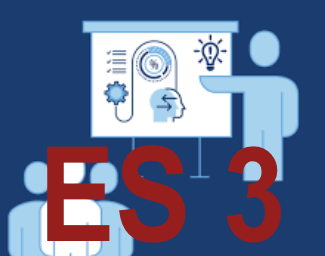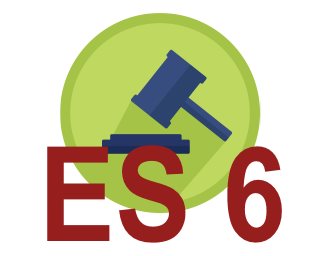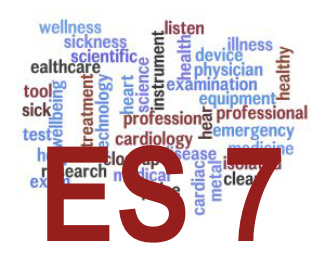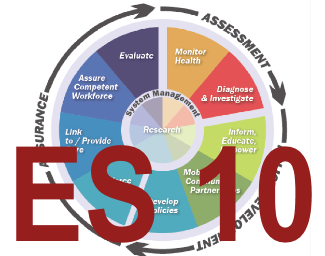Essential Measures
Opioid and Substance Use Disorder Toolkit for Connecticut
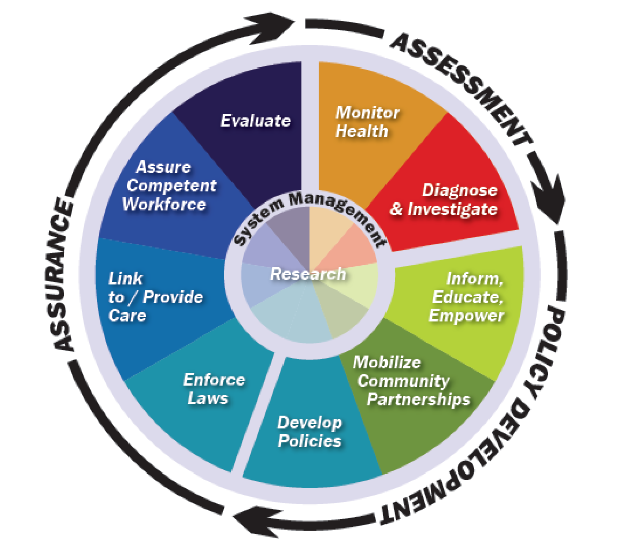
Developed by the Connecticut Association of Directors of Health, in collaboration with the New England Public Health Training Center at the Yale School of Public Health and the Connecticut Department of Public Health.
Introduction
Local governmental health departments in Connecticut focus on promoting health and equity, combating disease, and improving the quality of life for all residents. With an increased understanding that substance misuse is both a chronic disease and a public health issue, local health departments and districts are playing a growing leadership role in addressing the opioid epidemic on the community level. This toolkit was created to better equip local health department staff to respond to this epidemic in the towns and cities they serve and to provide a one-stop reference guide of programs, promising practices and other valuable resources related to the opioid crisis.
10 Essential Services for Opioid-Related Activity in Local Health Departments
Using the 10 Essential Services framework, our goal in creating this toolkit is to provide information about the high-quality opioid prevention, intervention, and treatment public health work currently happening at the local, state, and federal level. This document offers guidance, resources, and a foundational structure for communities and local health departments to expand and enhance the services they provide.
The goal of this toolkit is to provide a centralized location for information on high-quality opioid prevention, intervention and treatment resources and programs gathered from the local, state, and federal levels for Connecticut local health departments and districts. Using the 10 Essential Services of public health as the framework, this web-based tool offers both guidance and a foundational structure for local health departments and their communities to expand and enhance the services they provide to improve health.
We envision that this toolkit, organized within the proven 10 Essential Services framework, will help local health departments and districts to more effectively address the opioid epidemic in Connecticut towns and cities. Specifically, these resources can help agencies:
- Determine “what is going on” in the community related to opioid use and misuse and overdose prevention.
- Learn how to reduce the risks of misusing and abusing opioids, especially among young people
- Identify and collaborate with substance use prevention partnerships and coalitions that already exist in your community or region
- Facilitate improved access to treatment services and linkages among services for those individuals with substance use disorder (SUD) when those individuals reach out to the health department
- Recognize how your health department can contribute to reducing barriers to care and the stigma associated with substance abuse disorders
As both public health leaders and community members experiencing the direct impacts of the opioid epidemic, it is crucial that local public health practitioners are part of the ongoing, collaborative systems change work needed to address this complex public health problem.
Essential Measures:
A Local Public Health Toolkit for Addressing the Opioid Epidemic
Developed by the Connecticut Association of Directors of Health (CADH) in collaboration with the New England Public Health Training Center at the Yale School of Public Health and the Connecticut Department of Public Health, with input from the Connecticut Association of Public Health Nurses. This toolkit was adapted from the toolkit created by the Massachusetts Health Officers Association and the Education Development Center. Many thanks to these organizations for generously sharing their work and providing ongoing encouragement and support.
Acknowledgement and Disclaimers
Acknowledgement of Funding Source:
“The Essential Measures: A Local Public Health Toolkit for Addressing the Opioid Epidemic” was supported by funds made available from the: Centers for Disease Control and Prevention (CDC), under grant number: NU90TP921952; CDC Office of State, Tribal, Local, and Territorial Support, under B01QT009024; and the Health Resources and Services Administration (HRSA) of the U.S. Department of Health and Human Services (HHS) under grant number UB6HP31685, Regional Public Health Training Center Program.
Disclaimer:
This information or content and conclusions are those of the author and should not be construed as the official position or policy of, nor should any endorsements be inferred by CDC, HRSA, HHS or the U.S. Government.

